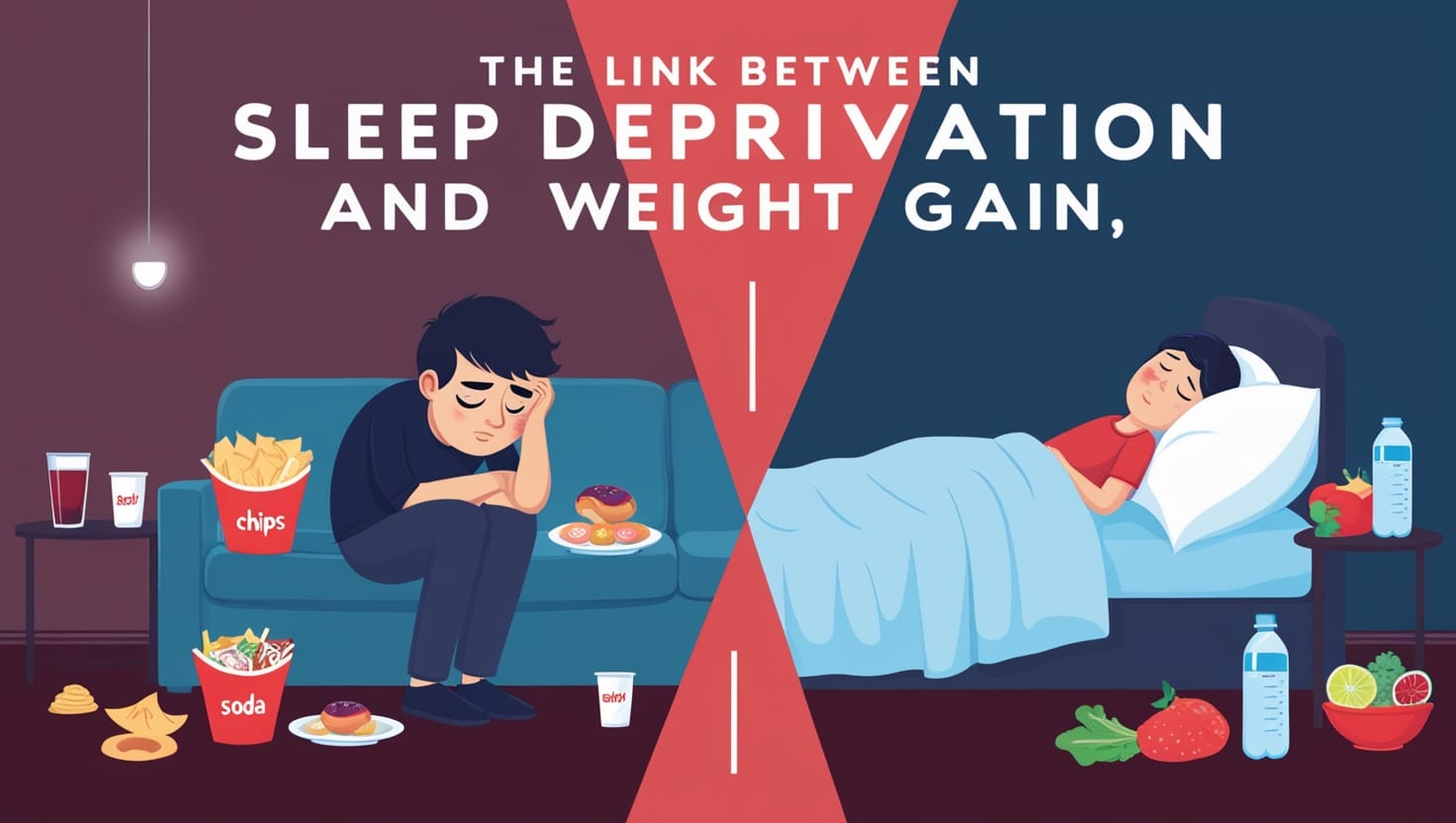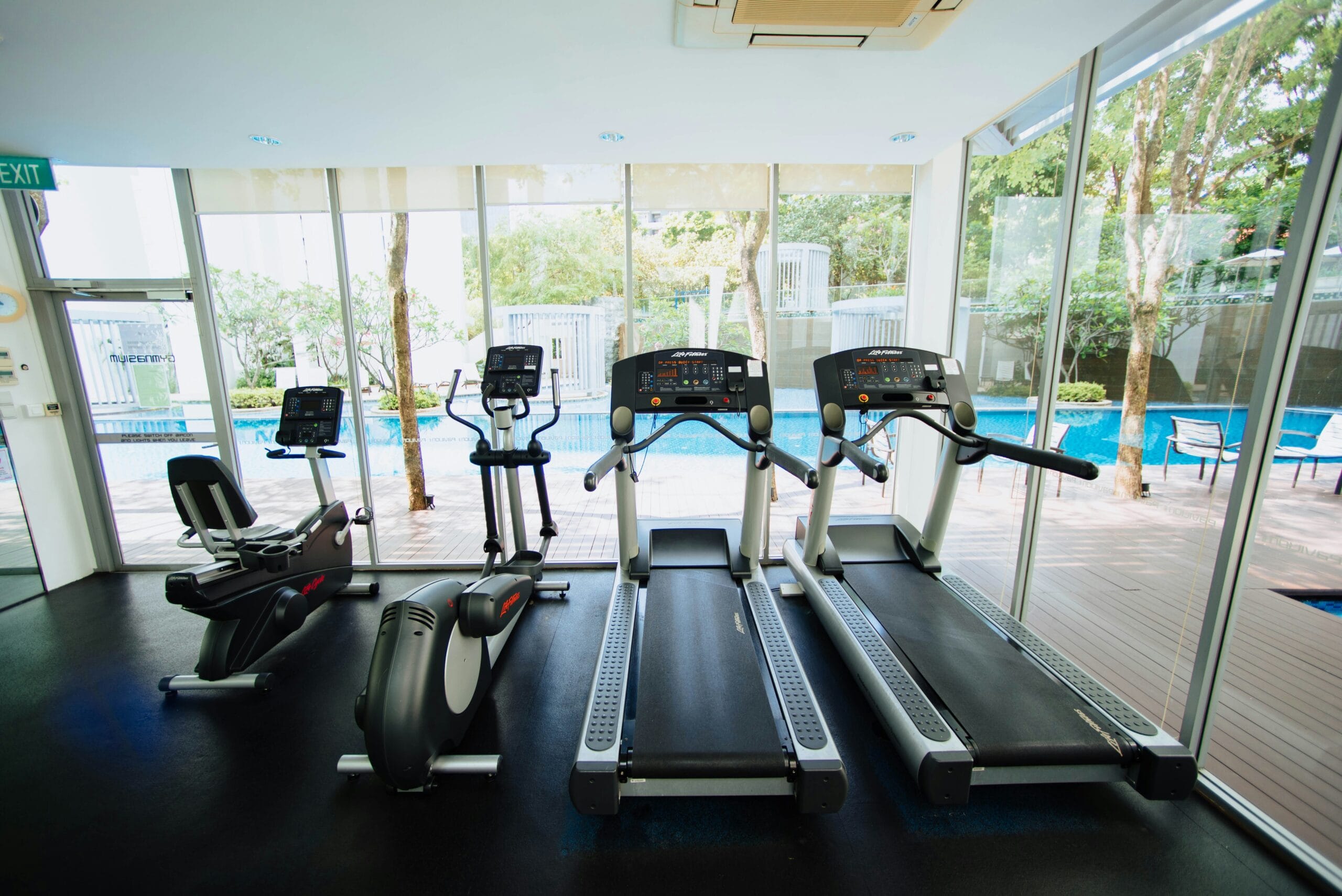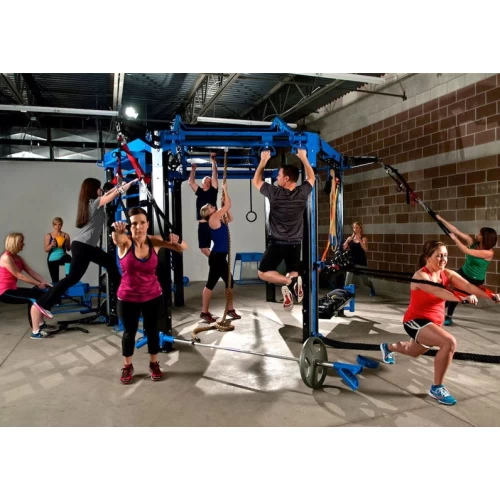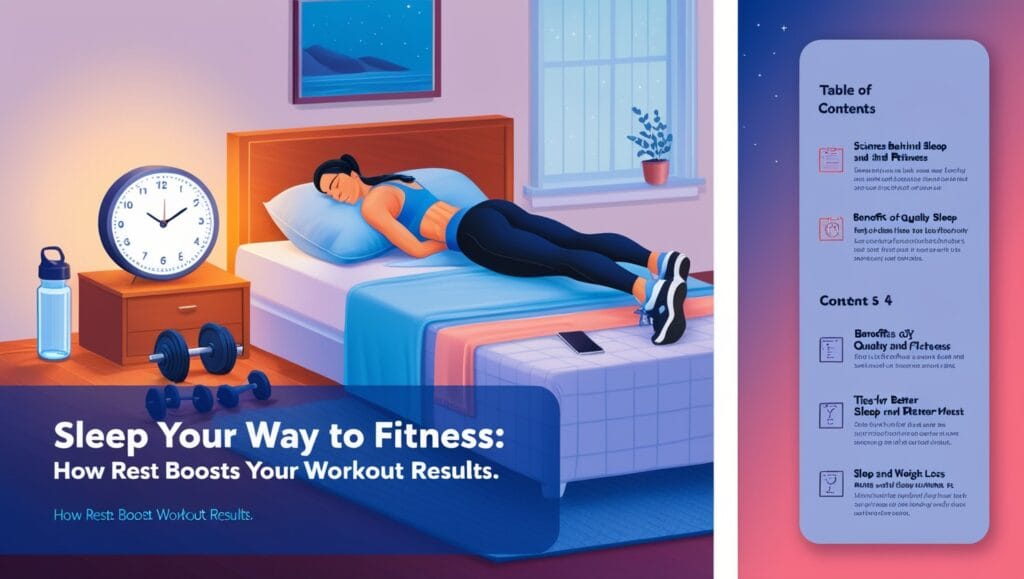
Introduction
When we think about fitness, the focus is often on exercise and diet. However, one essential yet often overlooked component of a successful fitness journey is Rest.Unwind is not just about resting; it plays a critical role in helping your body recover, build muscle, and maintain peak performance. If you’re pushing hard in the gym but neglecting quality Unwind, you could be holding yourself back from achieving your fitness goals.
This article will explore the deep connection between Rest and fitness, its benefits, and practical tips to enhance your rest for better workout results. Let’s dive into how you can Rest your way to better health and a stronger body.
The Science Behind Shut-eye and Fitness
To understand why Repose is so important, it helps to know what happens when weRepose. During the night, your body goes through various Repose stages, including non-REM and REM Unwind. Deep Snooze (a part of non-REM) is when your body focuses on physical recovery by repairing tissues, producing growth hormones, and strengthening muscles. REM Unwind, on the other hand, is crucial for mental recovery, including focus and motivation.
For fitness enthusiasts, these stages are vital. Deep Unwind repairs the damage caused by intense workouts, while REM Snooze ensures you’re mentally sharp and motivated for the next training session. Skimping on sleep disrupts this recovery process, leaving you fatigued and less capable of performing your best.
Benefits of Quality Snooze for Fitness
1. Muscle Recovery and Growth
After a strenuous workout, your muscles need time to repair and grow. During deep Snooze, the body increases protein synthesis, which is essential for repairing muscle tissues. Skipping this recovery phase can lead to prolonged soreness and stalled muscle growth.
2. Enhanced Physical Performance
Athletes who prioritize Doze often perform better. Studies show that well-rested individuals have better reaction times, improved endurance, and greater strength compared to those who are Doze deprived. Whether you’re lifting weights or running a marathon, Doze fuels your performance.
3. Injury Prevention
Doze improves coordination, balance, and reflexes, which are essential for avoiding injuries during workouts. A tired body is more prone to accidents, whether it’s tripping on a treadmill or lifting weights with poor form.
4. Boosted Metabolism
Doze also impacts how your body processes food. Poor Doze can slow down your metabolism, making it harder to burn calories efficiently. For those aiming to lose weight or maintain a healthy body composition, this is a crucial factor.
Signs You’re Not Sleeping Enough
Even if you’re exercising regularly, poor Hibernation can undermine your progress. Here are some signs that you’re not getting enough rest:
- Constant fatigue: You feel drained even after light workouts.
- Prolonged soreness: Your muscles take longer than usual to recover.
- Plateauing performance: Despite consistent effort, you’re not seeing improvements in strength or endurance.
- Mood swings and irritability: Hibernation deprivation impacts mental health, making you less motivated.
If these symptoms sound familiar, it’s time to reassess your Hibernation routine.
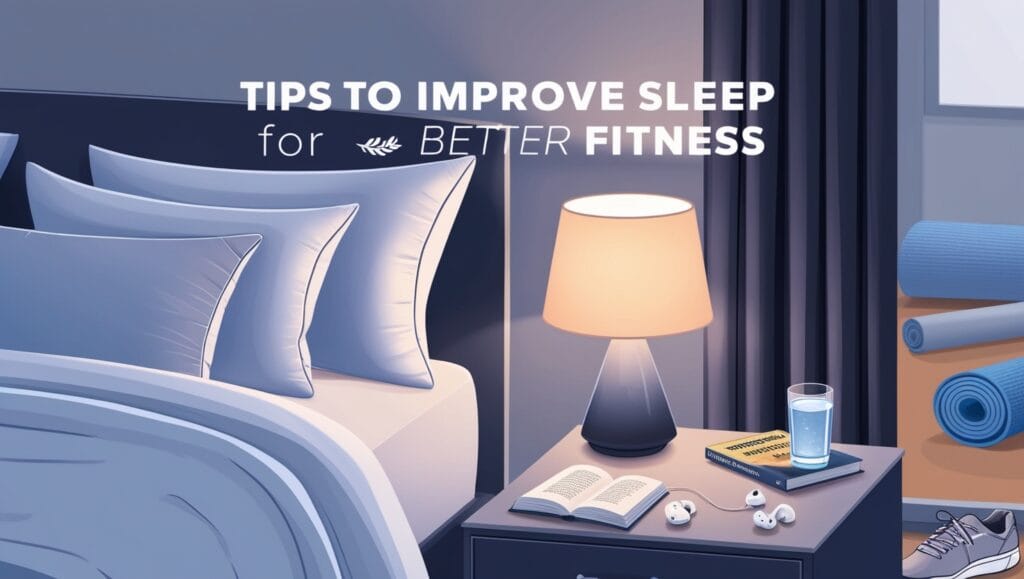
Tips to Improve Sleep for Better Fitness
1. Stick to a Hibernation Schedule
Go to bed and wake up at the same time every day, even on weekends. This consistency helps regulate your internal clock, making it easier to fall a Snooze and wake up naturally.
2. Optimize Your Hibernation Environment
Create a bedroom environment conducive to restful Snooze:
- Darkness: Use blackout curtains or an eye mask.
- Cool temperature: Aim for a room temperature of around 18-20°C (65-68°F).
- Silence: Use earplugs or white noise machines if needed.
3. Limit Caffeine and Alcohol
Avoid caffeine in the late afternoon and evening, as it can interfere with your ability to fall a sleep. Similarly, while alcohol might make you feel sleepy initially, it disrupts deep sleep later in the night.
4. Unwind Before Bed
Develop a relaxing bedtime routine. This might include:
- Light stretching or yoga.
- Reading a book.
- Practicing mindfulness or meditation.
5. Fuel Your Body Right
A balanced diet supports quality sleep. Incorporate foods rich in magnesium, like nuts and leafy greens, as they promote relaxation. Avoid heavy meals close to bedtime.

The Link Between Sleep Deprivation and Weight Gain
One lesser-known fact is that poor sleep can contribute to weight gain. Sleep deprivation affects hunger-regulating hormones:
- Ghrelin: The “hunger hormone” increases with lack of sleep, making you crave unhealthy snacks.
- Leptin: The “fullness hormone” decreases, leading to overeating.
Additionally, sleep deprivation lowers energy levels, making it less likely for you to exercise. Combined, these factors create a cycle where poor sleep leads to weight gain and reduced fitness motivation.
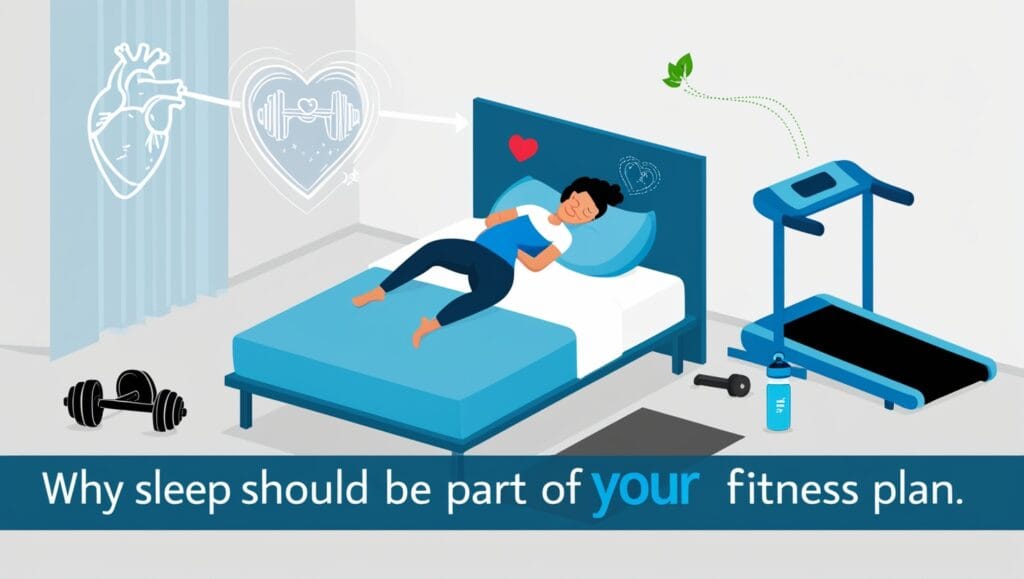
Why Sleep Should Be Part of Your Fitness Plan
Think of sleep as your recovery tool. Just as you wouldn’t skip a workout or a healthy meal, you shouldn’t compromise on sleep. Many fitness enthusiasts focus heavily on training schedules and nutrition plans but fail to recognize that without proper sleep, their efforts may not yield the desired results.
- Sleep helps your muscles recover faster.
- It boosts endurance for longer training sessions.
- It keeps your metabolism and hormones balanced, aiding both performance and weight management.
Conclusion
Achieving your fitness goals isn’t just about what you do in the gym or the kitchen. Sleep is the silent champion of your fitness journey, ensuring your body and mind are ready to tackle each challenge. By prioritizing sleep, you can recover better, perform stronger, and avoid injuries.
Start by implementing the tips mentioned in this article. Maintain a consistent sleep schedule, optimize your sleep environment, and fuel your body properly to reap the rewards. Remember, every great athlete knows that rest is as crucial as training. So, turn off your screens, dim the lights, and let your body do the work while you sleep. Your next fitness milestone awaits!

